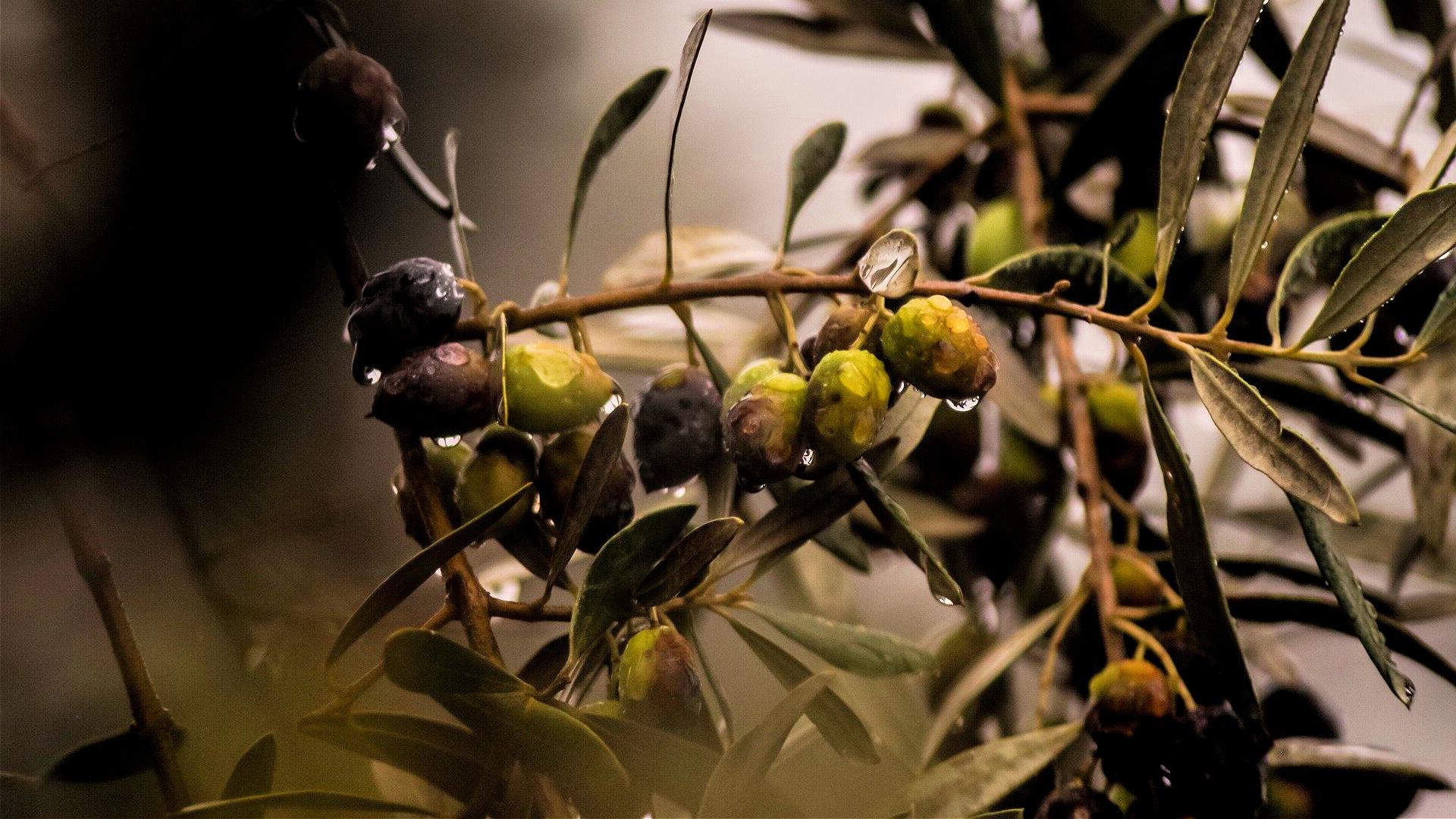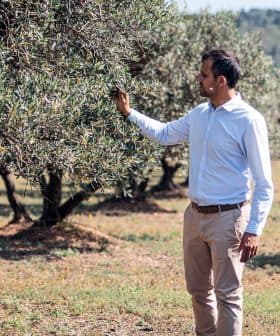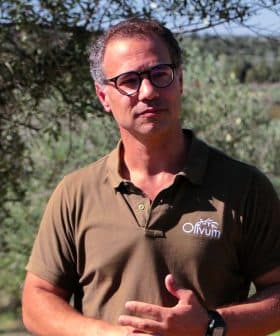Research Reveals How Deadly Pathogen Infects Olive Trees

Researchers from the University of Córdoba have discovered that fluid emitted from olive tree roots allows the germination of the fungus causing Verticillium wilt, potentially leading to more effective control measures for the disease. The study, published in Plant and Soil, aims to deepen the understanding of the mechanisms involved in combating crop pathogens like Verticillium wilt, which currently poses a significant threat to olive groves worldwide due to its resistance to control methods.
Using a new method of in vitro analysis, researchers from the University of Córdoba’s agronomy department have proven how fluid emitted from olive tree roots allows the germination of the fungus that causes Verticillium wilt.
The researchers hope the findings, published in Plant and Soil, will pave the way to more effective control measures for the soil-borne fungal disease that affects a wide range of plants, including olive trees.
“The best way to establish control measures in a rational way against crop pathogens is to know in depth the mechanisms involved,” said Antonio Trapero-Casas, a professor of plant production at the university. “This study is an attempt to get to know these mechanisms involved,” he added.
See Also:Understanding Relationship Between Fungus and Climate May Curb Costly Olive Tree PathogenVerticillium wilt is currently one of the biggest threats to olive groves worldwide because there is no known method of controlling it effectively.
Though there are resistant olive cultivars, they are less productive and still vulnerable. Picual, the most common commercial cultivar, is also the most susceptible to the pathogen.
In 2021, the University of Córdoba’s agronomy department said its four-year efforts at combating Verticillium wilt by grafting Andalusian olive trees with resistant varieties, the most promising strategy to date, had failed to produce results in the field.
Once Verticillium dahliae, the fungus that causes the wilt, has infected a host, it becomes vulnerable to several other types of fungi, bacteria and protozoa.
Opportunistic microbes also come into play, such as nematodes and amoebae, which, although not initially involved in the infection, feed on the substances generated by the olive tree’s natural defense mechanisms.
A major obstacle to controlling the pathogen is its ability to survive in the soil for up to 14 years until it encounters the roots of its host plants, which, during growth, secrete substances called exudates that influence surrounding microorganisms.
To study the role of these exudates, the researchers extracted samples from three olive cultivars: Frantoio, the most resistant; Arbequina, a cultivar with medium resistance; and Picual, the most susceptible.
They found that exudates from Frantoio did not significantly result in the germination of Verticillium microsclerotia, while exudates from the susceptible varieties did.
Verticillium microsclerotia
Verticillium microsclerotia are small, hard structures produced by the Verticillium wilt fungus that can survive in soil for several years. They serve as the primary source of infection for new plant hosts and are the means by which the fungus persists in the soil from one season to the next.
The researchers then analyzed how the biological control agents applied to the different olive varieties could alter the function of the exudates.
This analysis showed that in Frantoio, exudates from treated plants neither induced nor significantly reduced the germination of pathogen resistance structures. In contrast, exudates from treated Picual or Arbequina plants significantly reduced the viability of these structures.
Researchers said this result is significant because it suggests that biocontrol agents can modulate the effect of exudates, thus decreasing the ability of the pathogen to infect susceptible cultivars.
The result builds upon researchers’ 2022 finding that applying Aureobasidium pullulans and Bacillus amyloliquefaciens, two microorganisms, and a copper phosphite fertilizer boosted the olive trees’ natural defenses against the fungus.










